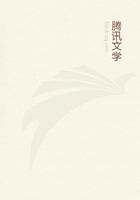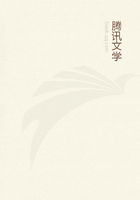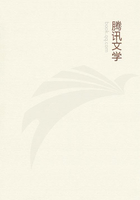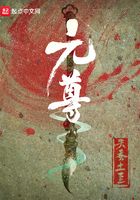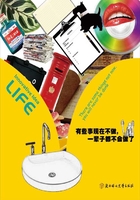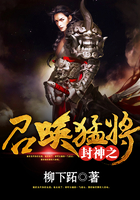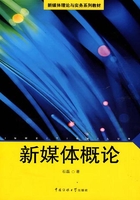For a long time the subject was not discussed by Catholic theologians though Tyrannicide was defended by the leading Reformers, including Luther and Melanchthon, but during the religious wars in France and in Scotland it was advocated in theory by some of the French Calvinists such as Languet and Boucher as well as by the Scotch leader, John Knox, and put into practice by their followers against the Duke of Guise and Cardinal Beaton.[1] The Jesuits in France were accused of sympathising with this doctrine during the reign of Henry IV., but there was not sufficient evidence to support such a charge. Some of their theologians may have defended the legality of rebellion in certain circumstances, but this was a doctrine in no way peculiar to the Jesuits. The only serious argument brought forward by the opponents of the Jesuits was drawn from a work published by a Spanish Jesuit, Mariana (1536-1624). It was written for the instruction of some of the princes of Spain, and was dedicated to Philip III. In many respects it was an exceedingly praiseworthy work, but the author's reference to the murder of Henry III. of France and his defence of Tyrannicide, hedged round though it was by many restrictions and reservations, gave great offence in France, and provided the enemies of the Society with a splendid weapon for a general attack upon the entire body. As a matter of fact Mariana's book did not represent the views of the Jesuits. In 1610 the general, Aquaviva, forbade any of his subjects to defend the teaching on Tyrannicide it contained.
----------
[1] Lecky, /The History of the Rise and Influence of Rationalism in Europe/, 1913, p. 164.
(f) The Copernican System. Galileo Galilei.
Muller, /Nicolaus Copernicus/ (/Stimmen aus M.-Laach/, 1898, /Supp./ 72). Hipler, /Nicolaus Copernicus u. Martin Luther/, 1868.
Muller, /Galileo Galilei/, 1908. Von Gebler, /Galileo Galilei und die Romische Curie/ (Eng. Trans., 1879). L'Epinois, /La question de Galilee/, 1878, /The Month/ (Sept., 1867; March-April, 1868).
Nicolaus Copernicus (Koppernick or Koppernigk, 1473-1543) was born at Thorn, and was educated principally at Cracow, Bologna, Padua, and Ferrara. He was a canon of the chapter of Frauenberg, and most probably a priest. During his stay in Italy he was brought into contact with the new views put forward by Cardinal Nicholas of Cusa and others regarding the position of the earth in the system of the universe. His own studies let him to the conclusion that the sun was the centre round which the earth and all the heavenly bodies moved in their course. He communicated his conclusions to some of his special friends in 1531, but he hesitated to publish them on account of the ridicule that such a novel opinion was sure to excite. One of his pupils lectured at Rome on the subject, and explained the theories of Copernicus to Clement VII. (1533).
Yielding at last to the entreaties of Cardinal Schonberg, Archbishop of Capua, and Bishop Giese of Culm he entrusted his work for publication to one of his pupils, Rheticus, professor at Wittenberg, but the opposition of the Lutheran professors made it impossible to bring out the book in that city. It was finally published under the editorship of Osiander at Nurnberg in 1543. In the preface to the work Osiander made considerable changes out of deference to the views of Luther and Melanchthon, the most important of which was that he referred to the system of Copernicus as an hypothesis that might or might not be true. The work, /De Revolutionibus Orbium Coelestium/ was dedicated to Pope Paul III. The principal opposition to the novel views of Copernicus came from the side of the Lutheran theologians, and it was only years later, when feeling was aroused by the controversy regarding Galileo, that any suspicion of unorthodoxy was directed against Copernicus by Catholic writers. Needless to say Copernicus died as he had lived, a devoted Catholic, fully convinced that he had done good service for religion as well as for science.
Galileo Galilei (1564-1642) was remarkable from a very early age for his abilities as a student of mathematics and mechanics. Indeed it was in these subjects and not in astronomy that he achieved his most brilliant and most lasting successes. He taught at Pisa and Padua, and was afterwards employed at the court of the Grand Duke of Tuscany. In 1609 he perfected the telescope by means of which he was enabled to make observations of the heavenly bodies, and from these observations and discoveries he was led to the conclusion that the heliocentric system as advocated by Copernicus was the only one scientifically tenable. He came to Rome, where he was welcomed by the Pope and the cardinals, and set up his telescope in the Vatican gardens (1611). At first Galileo's views excited no great opposition, but owing to the imprudent propaganda carried on by some of his own friends, notably by the Carmelite, Foscarini, a violent controversy broke out in which the scientific side of the theory was almost completely forgotten. Against Galileo it was contended that his system contradicted the Scripture, which spoke of the sun standing still in its course at the prayers of Josue, and that it was, therefore, inadmissible. At the time in Italy the ecclesiastical authorities were markedly conservative and hostile to innovations, particularly as there was then a strong party in Italy, of whom Paul Sarpi may be taken as a typical example, who were liberal and Lutheran in their tendencies and sympathies. Had the discussion been confined to learned circles no notice might have been taken of it, but once an appeal was made to the masses of the people it was almost inevitable that Galileo should have been denounced to the Inquisition.

